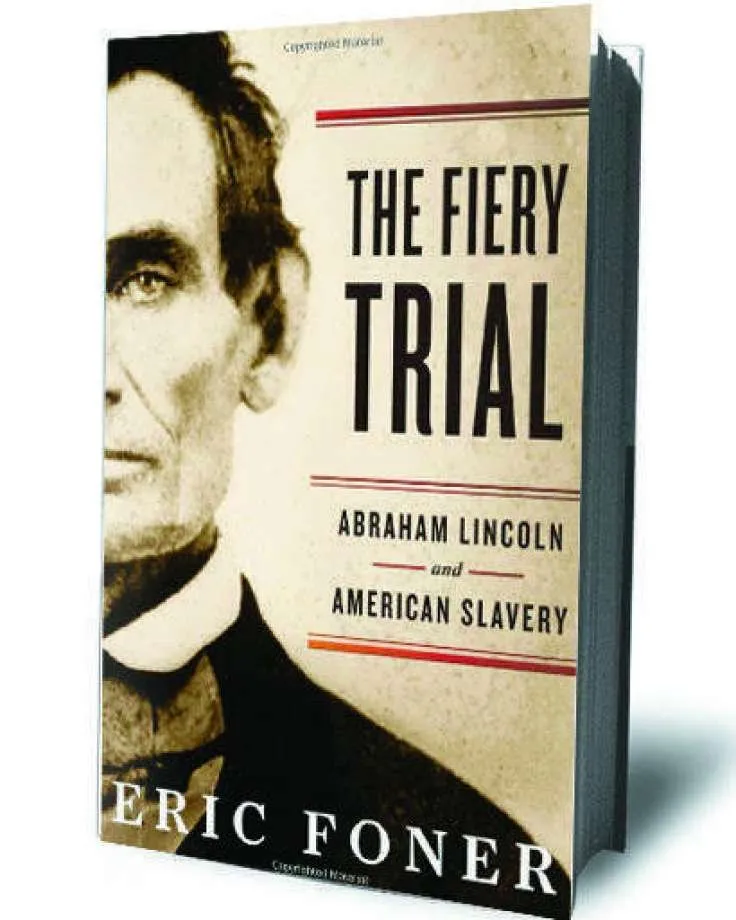
In an interview with The Atlantic’s David Cutler, historian and author Eric Foner talks about teachers who influenced him and how high school teachers can better prepare students for college-level history classes. Passion for history is most important, he says:
> I tell my students nowadays who are in graduate school and going on to become teachers—the number one thing is to have a real passion for your subject and to be able to convey that to your students. Obviously the content is important, but that’s not as unusual as being able to really convey why you think history is important. I think that’s what inspires students.
How do you teach homeschool history with passion if you aren’t a historian? Maybe I’m biased. My father was a social studies teacher and I learned to love history from him. But it seems that history is like a wheel with spokes. The spokes go off in many directions: literature, science, art, government, culture, languages, psychology, religion. There’s just so much fertile ground in history.
Our entire approach to homeschool centered on history, and I’ve written about this before. Teaching history sequentially, from ancient times to modern, lends itself to the story aspect of history. Kids can become passionate about good stories, and history makes the best stories.
I agree with Foner that, while knowing the facts of history is important, simply memorizing isn’t, and testing doesn’t necessarily show a student’s grasp of historical facts:
> I’m strongly in favor of students knowing the facts of history, not just memorizing or having it drilled into their heads. I’m certainly against this testing mania that’s going on now where you can judge whether someone really understands history by their performance on a multiple-choice test.
Many elementary and middle schools teach social studies instead of history. I think this is a mistake because it undervalues the importance of understanding our history. Fromer suggests that the current pragmatic view of education with a view toward finding a job may hamper students from really benefiting from learning history:
>We are also teaching citizens. We try to teach people the skills that come along with studying history. The skills of evaluating evidence, of posing questions and answering them, of writing, of mobilizing information in order to make an argument. I think all of that is important in a democratic society if people are actually going to be active citizens.
Of course, most homeschool parents aren’t trained historians, so where do we find this well-trained passion for history? I think the first place we find it is in the very fact that we are homeschooling. By this act, we model for our children that education and knowledge is important and beneficial. The second place we can find the passion is in our own educational self-improvement. This happens naturally as you organize and create your child’s education. You read and you research to find resources to use. While you do, there’s nothing wrong with pausing and wandering down a path you find interesting. In fact, tell your child, “I came across the most interesting story when I was getting our lesson ready for history class today.” There’s your passion.
In a traditional classroom, there’s the teacher and then there’s the student. They have defined roles and relate to each other in established patterns. Homeschool is different. You and your child are both students. You show your passion for the subject by pursing new knowledge as eagerly as you want them to do.
It wouldn’t hurt to read a book by Eric Foner, either. The Fiery Trial: Abraham Lincoln and American Slavery is a good place to begin.

https://www.sfgate.com/books/article/The-Fiery-Trail-by-Eric-Foner-3168804.php